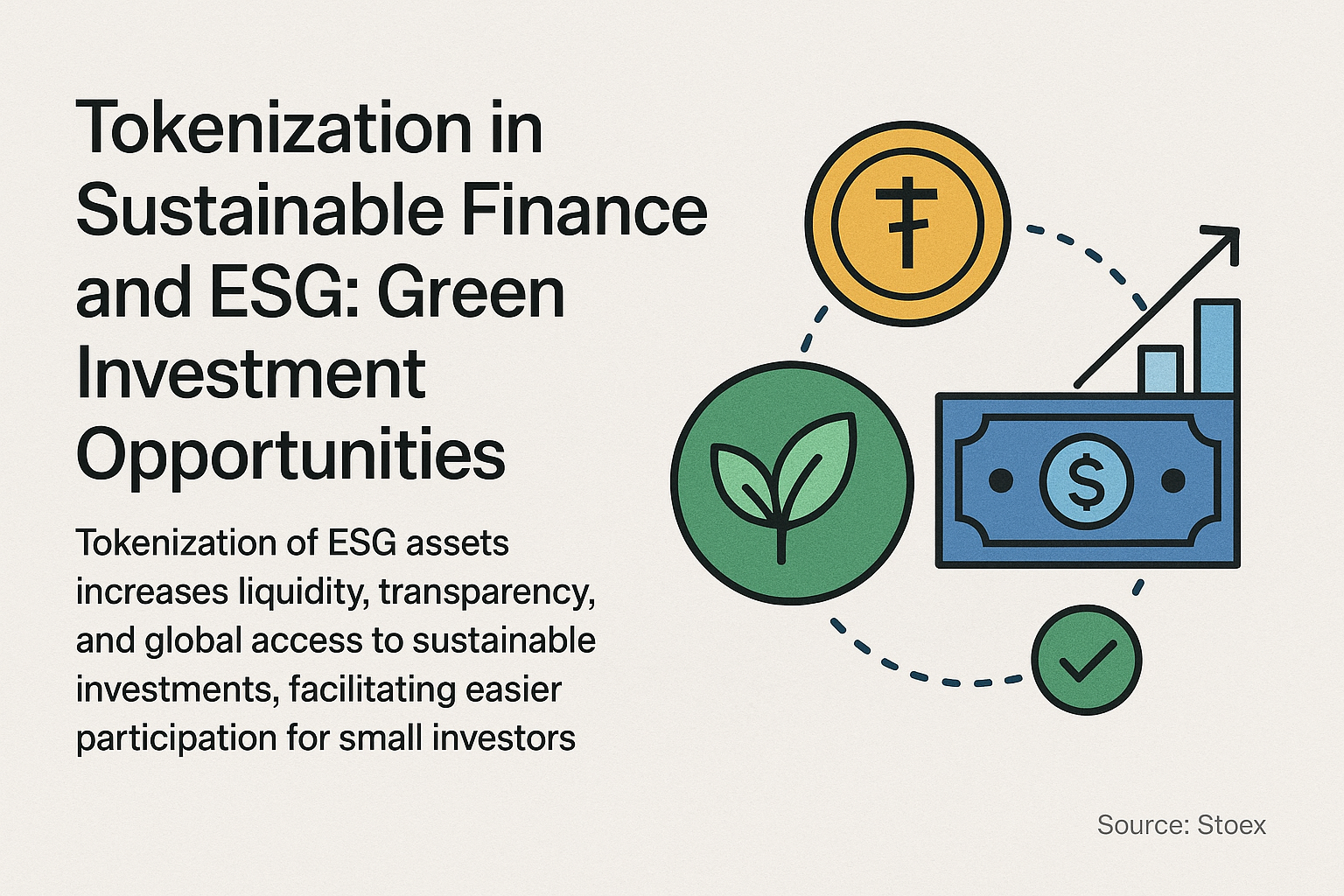In the global push towards sustainable energy solutions, electric heat pumps are emerging as a key player in the transition away from fossil fuels. Governments worldwide are increasingly incentivizing the installation of these systems, positioning them as a sustainable alternative to traditional natural gas heating. This shift not only aligns with ambitious climate goals but also offers consumers a more energy-efficient and environmentally friendly option for home heating.
What Are Electric Heat Pumps?
Electric heat pumps are devices that transfer heat from one location to another using a small amount of electricity. Unlike traditional heating systems that generate heat by burning fuel, heat pumps simply move heat from the outside air or ground into the home. This process is highly efficient, often delivering more than three units of heat for every unit of electricity consumed. Heat pumps can also operate in reverse, providing cooling during warmer months, making them a versatile year-round solution.
Government Incentives: A Catalyst for Adoption
Recognizing the potential of electric heat pumps to reduce greenhouse gas emissions, governments are rolling out a range of incentives to encourage their adoption. These incentives come in various forms, including tax credits, rebates, and low-interest financing options. For instance, in the United States, the federal government offers tax credits of up to $2,000 for installing heat pumps in residential properties. Similarly, in the European Union, several member states provide significant subsidies to homeowners who opt for heat pumps as part of their energy efficiency improvements.
These incentives are designed to offset the initial cost of heat pump installation, which can be higher than that of traditional heating systems. By reducing the financial barrier, governments hope to accelerate the transition to electric heat pumps, thereby decreasing reliance on fossil fuels and reducing carbon emissions.
Environmental and Economic Benefits
The environmental benefits of electric heat pumps are clear. By replacing natural gas heating, which is responsible for a significant portion of residential carbon emissions, heat pumps can play a crucial role in meeting climate targets. In addition to reducing greenhouse gas emissions, heat pumps also contribute to improved air quality by eliminating the need for combustion-based heating, which can release harmful pollutants into the atmosphere.
Economically, the adoption of heat pumps can lead to long-term savings for homeowners. Although the upfront cost may be higher, the efficiency of heat pumps means that they consume less energy than traditional systems, resulting in lower utility bills. Furthermore, as more households adopt heat pumps, the increased demand is likely to drive down costs through economies of scale, making them even more accessible in the future.
Overcoming Challenges
Despite the clear advantages, the widespread adoption of electric heat pumps is not without challenges. In colder climates, the efficiency of air-source heat pumps can decrease, leading to concerns about their performance during harsh winters. However, advances in technology are addressing these issues, with newer models designed to operate efficiently even in sub-zero temperatures.
Another challenge is the need for significant upgrades to existing infrastructure, such as enhancing the electrical grid to support the increased load from widespread heat pump adoption. Governments and utilities will need to invest in these upgrades to ensure a smooth transition.
The Path Forward
As the world continues to grapple with the effects of climate change, the shift towards sustainable heating solutions like electric heat pumps is becoming increasingly urgent. Government incentives are playing a critical role in making these systems more accessible to the average homeowner, paving the way for a future where clean, efficient heating is the norm rather than the exception.
For consumers, the decision to install an electric heat pump is not just an investment in their home; it’s an investment in the planet’s future. With the backing of government incentives, there’s never been a better time to make the switch to this sustainable alternative.
By embracing electric heat pumps, we can reduce our carbon footprint, improve air quality, and move closer to a sustainable future for all.




